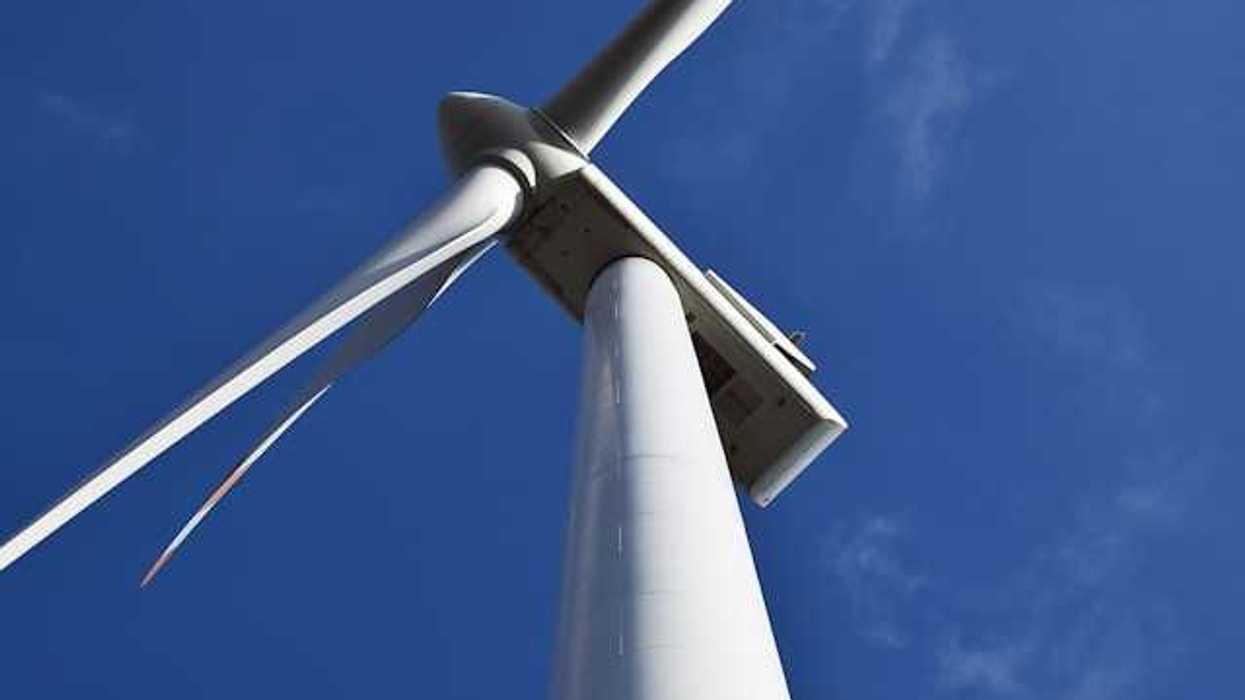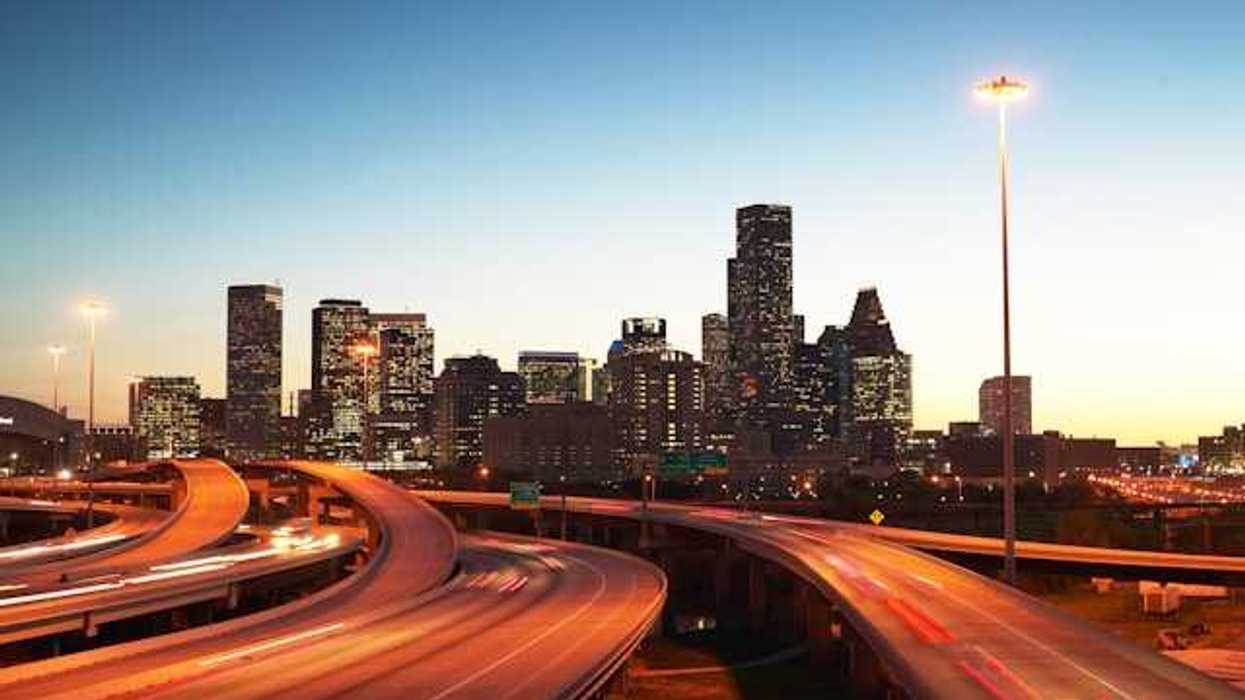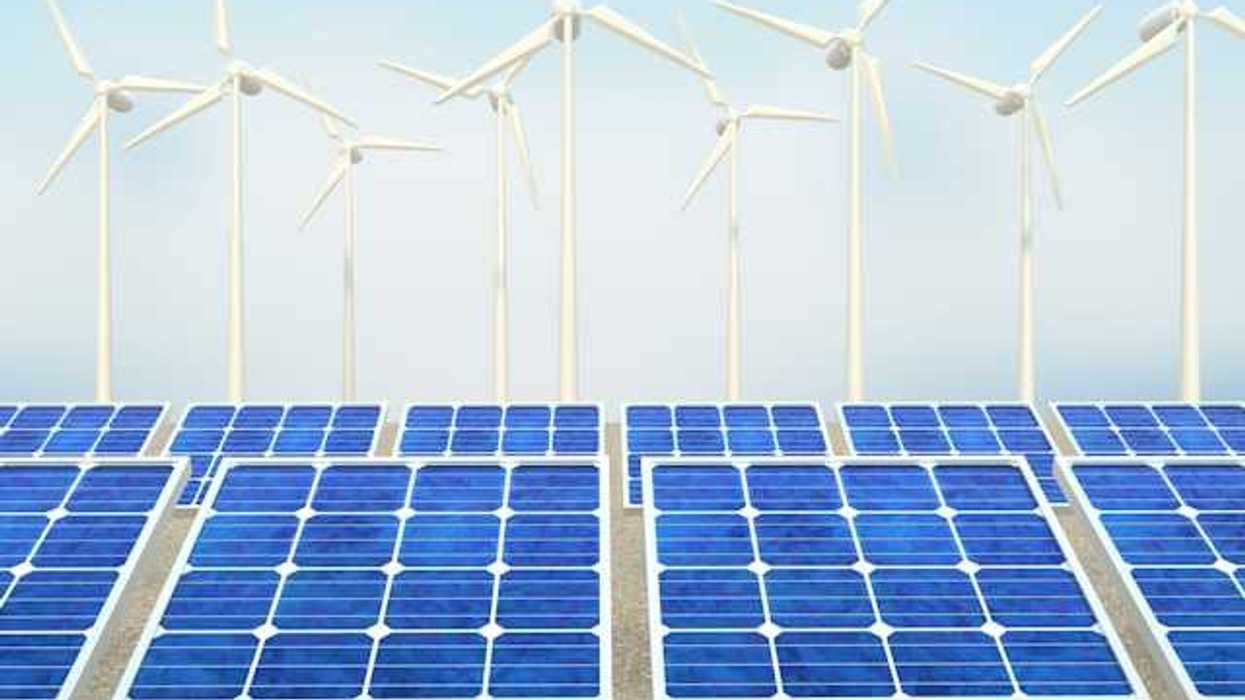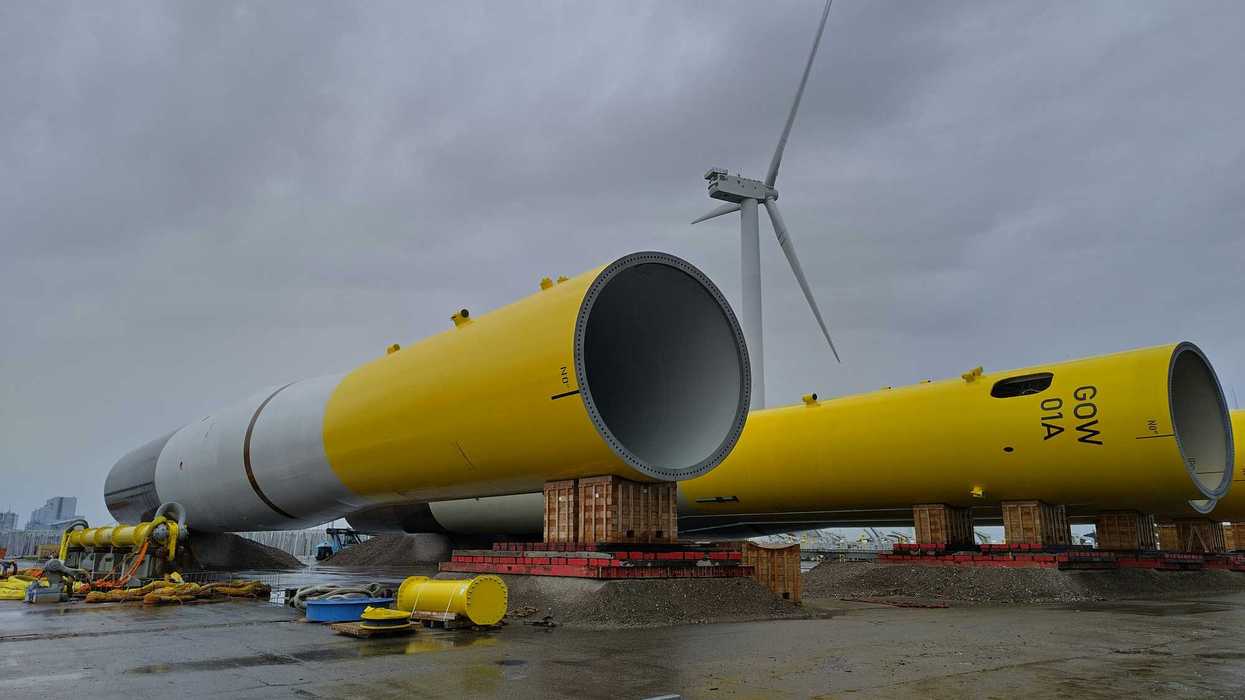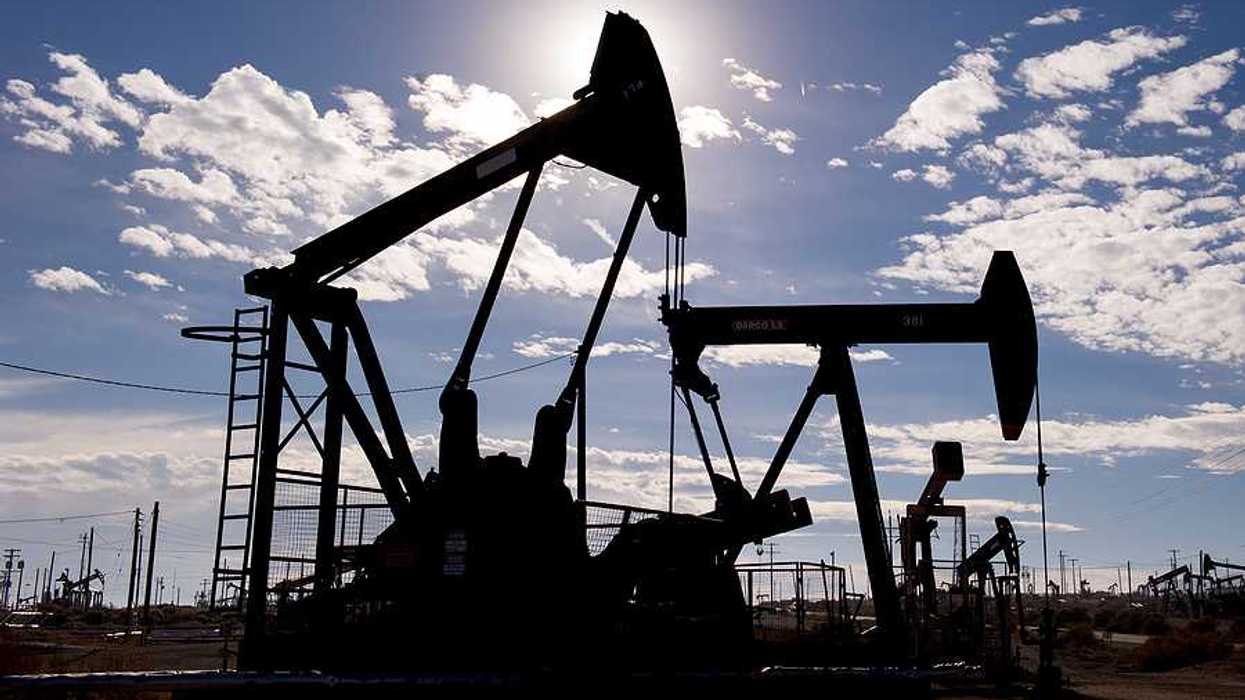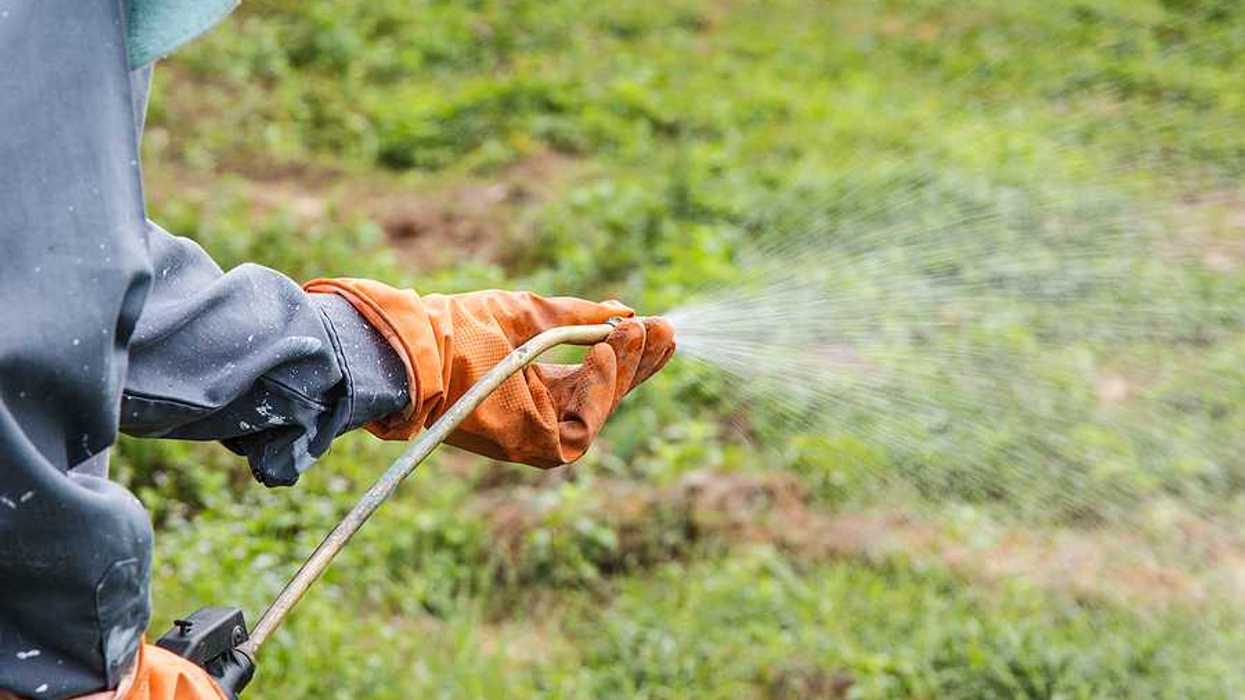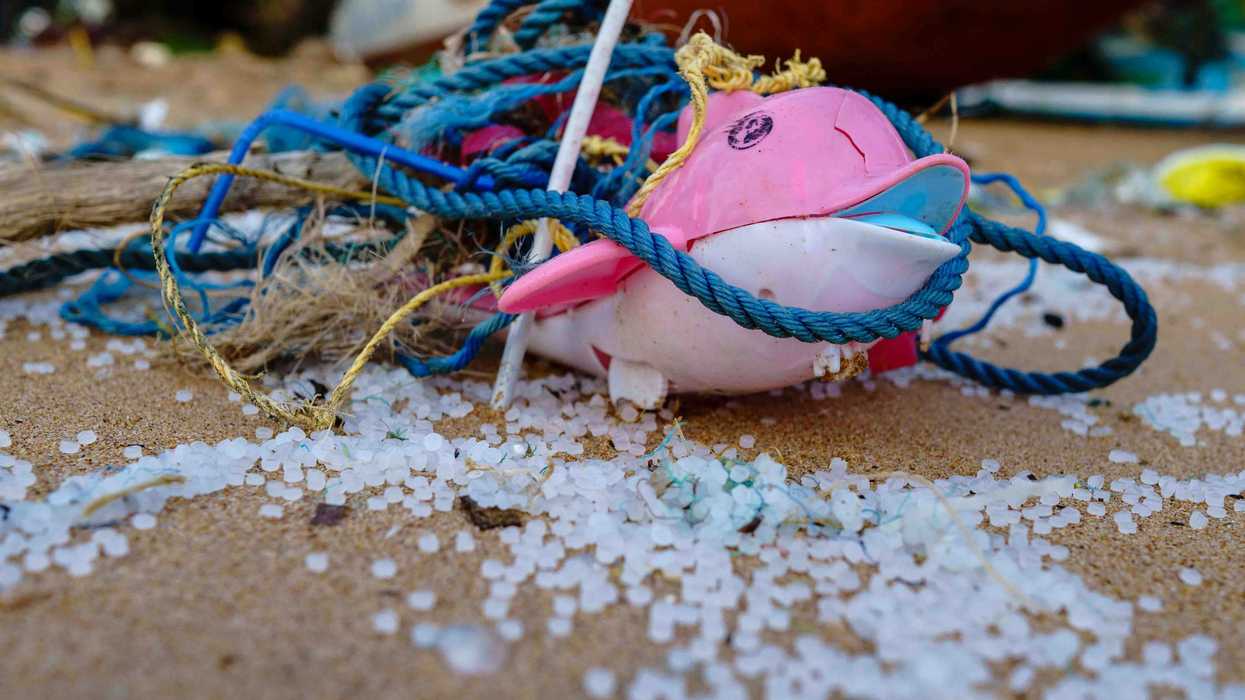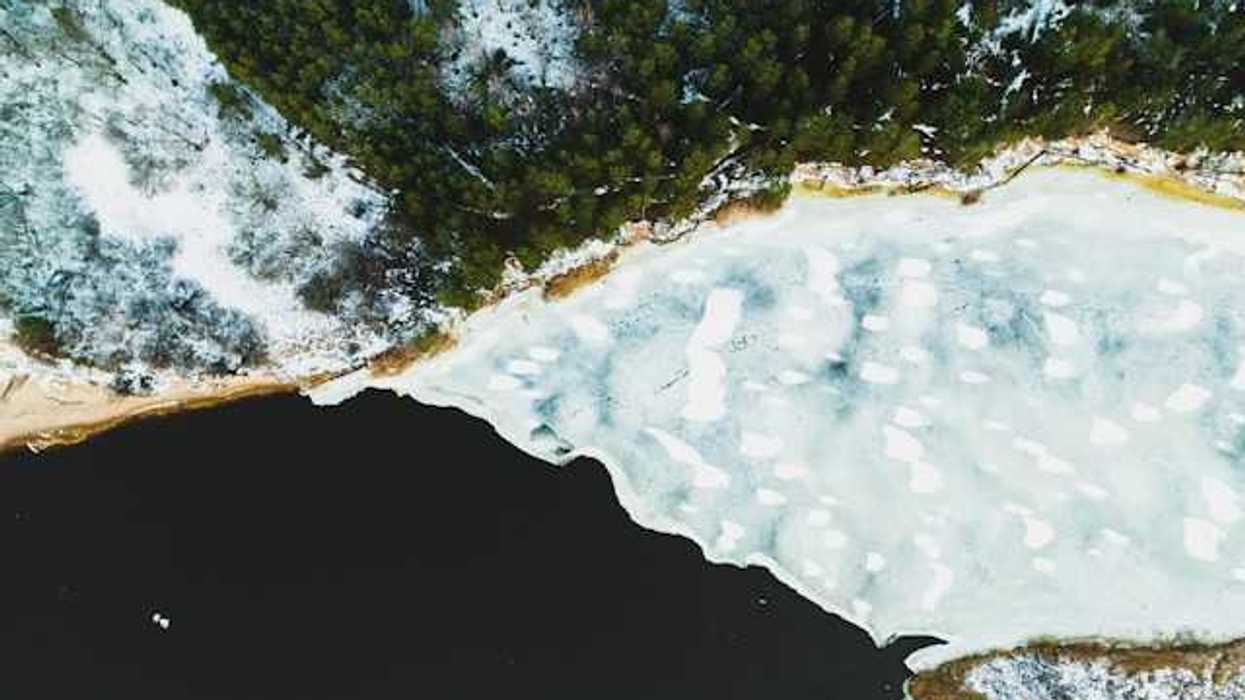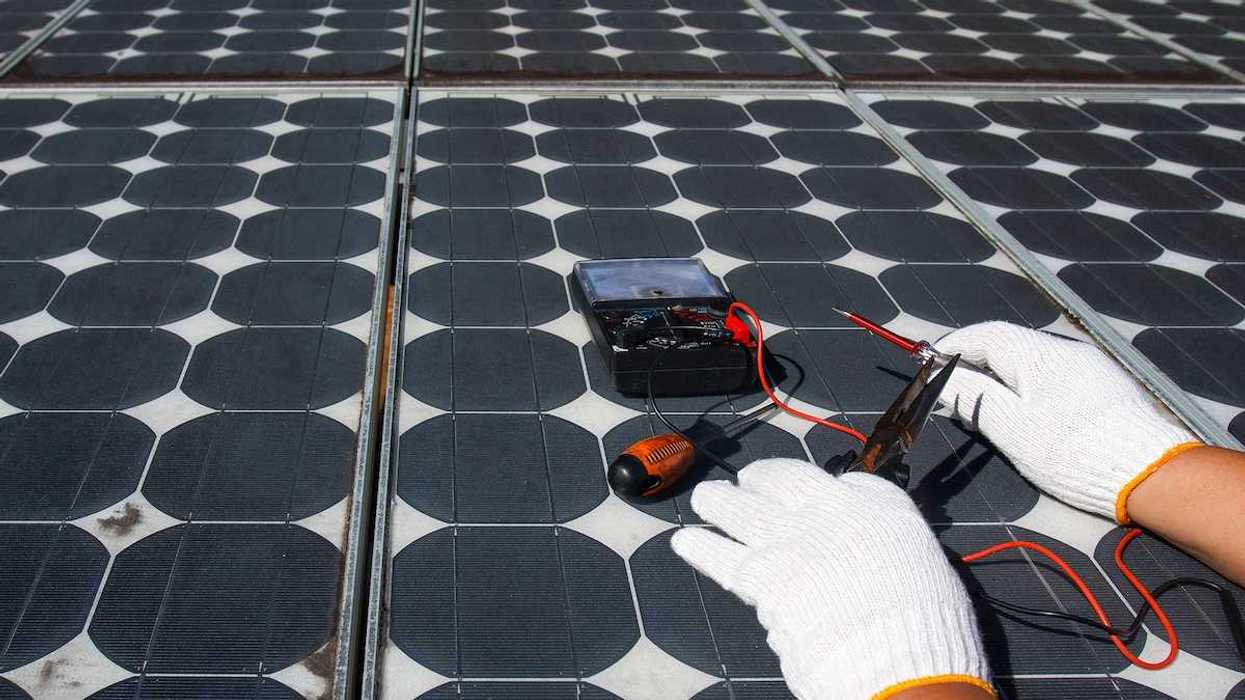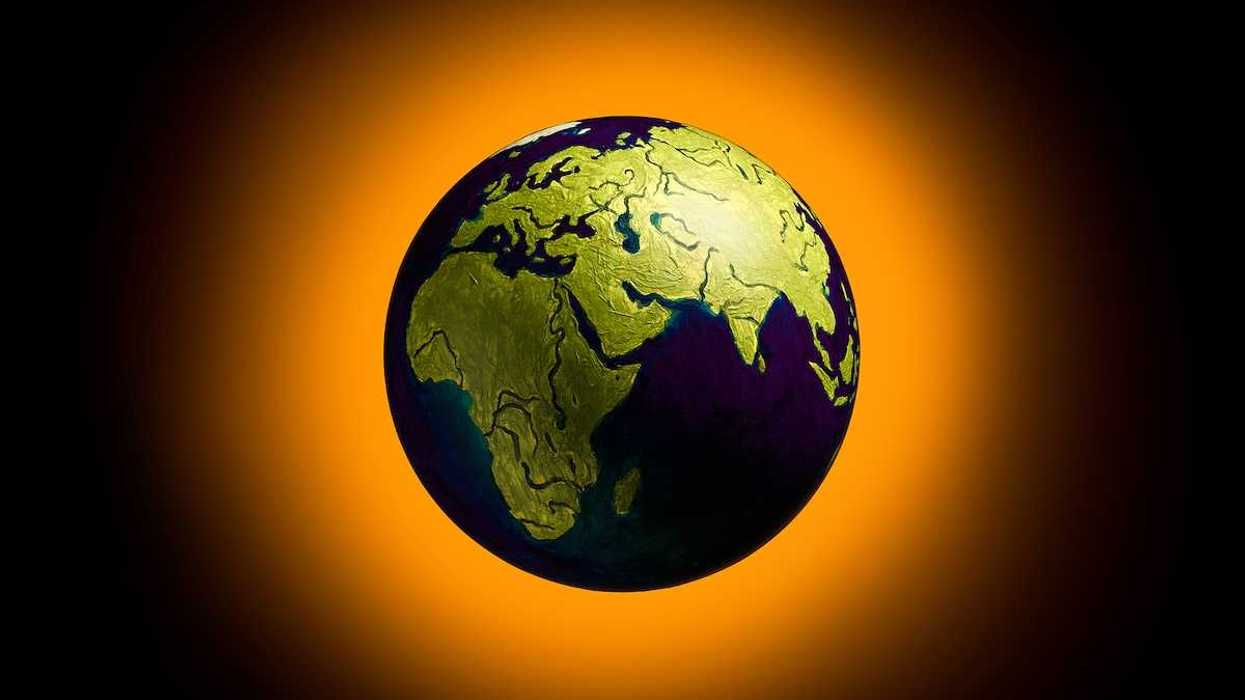Years after the first female scientist came forward to report sexual harassment and assault, women are still reporting abuse in Antarctica. Despite investigations by government agencies and academic institutions, a persistent culture of intimidation and abuse hinders their work and well-being.
David Kushner reports for Wired.
In short:
- A significant number of scientists and other women working in Antarctica have experienced sexual harassment and assault, with many cases going unreported or dismissed.
- Efforts to address these problems have been slow, and responses from the organizations and institutions involved have often been inadequate, leaving survivors feeling unsupported and unsafe.
- Harassment and assault in Antarctica not only impact the individuals involved but hinder scientific progress and efforts to study and combat climate change.
Key quote:
“The reason why women don’t want to talk is because they’ve been gaslit this whole time, where everyone’s saying, ‘It didn’t happen. I don’t want to hear it. I don’t believe you.’”
— Meredith Nash, University of Tasmania sociologist
Why this matters:
The scientific community's gender discrimination and harassment problem is not unique to Antarctica. The #MeToo movement led to more women coming forward to report abuses in the workplace, including in conservation organizations and federal agencies like the U.S. Department of Interior.


